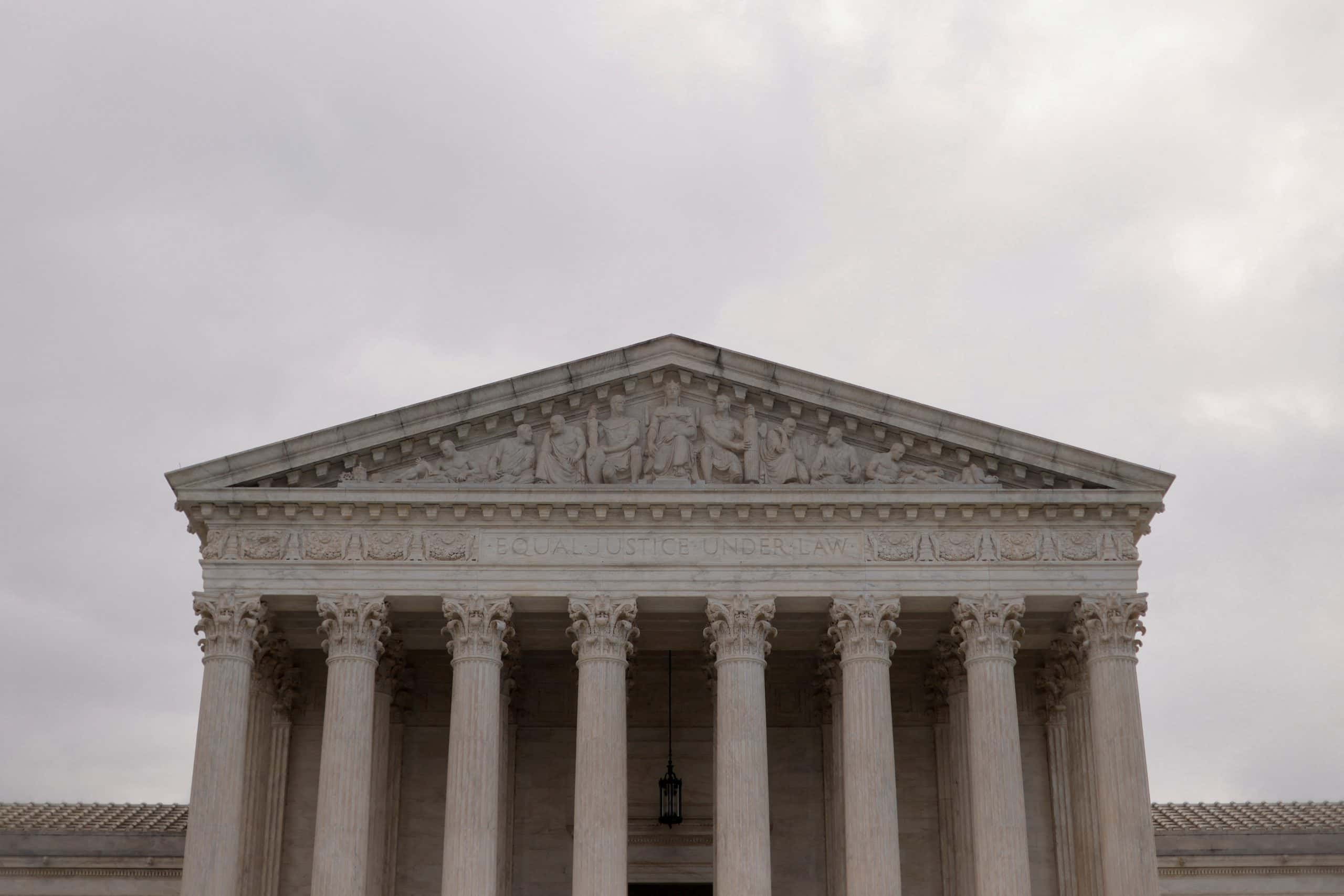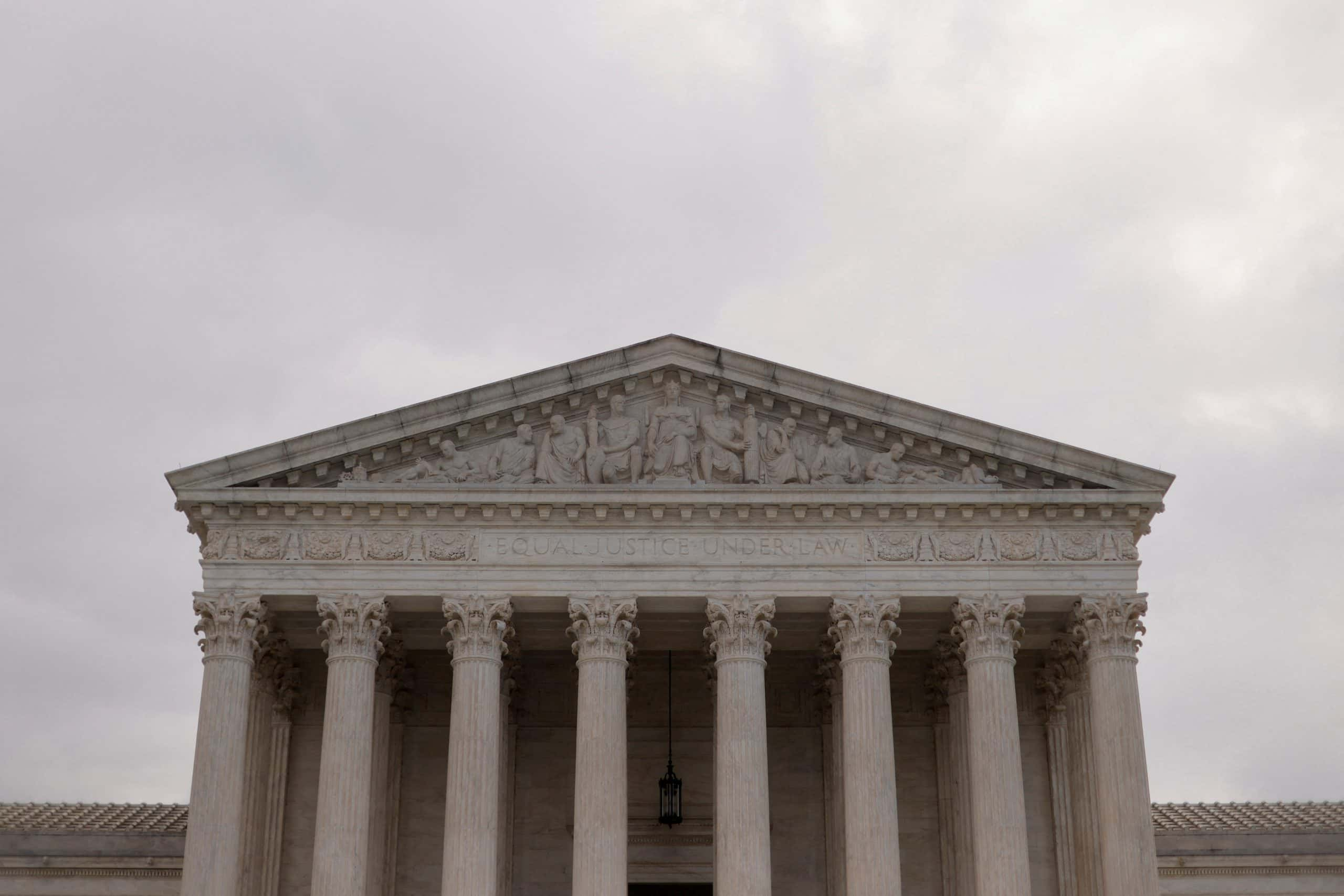Last year’s controversial overturning of Roe v. Wade, coupled with concerns about court ethics and undisclosed luxury gifts among justices, has led to growing disapproval among more than half of Americans regarding the new Supreme Court cases’s performance.

The U.S. Supreme Court is once again at the forefront of national attention, with New Supreme Court Cases sparking debates across the nation
A slew of potential landmark cases await, covering diverse topics such as social media, firearms, taxation, and possibly abortion. These verdicts can significantly influence your rights and financial well-being, particularly in the case of taxes. Even before delving into the key cases slated for this autumn, the new Supreme Court cases have already seen notable activity this week.
On Monday, the Court refused to hear a case related to the former President, centered on his eligibility under the 14th Amendment due to alleged support for insurrectionists on January 6, 2021.
The new Supreme Court cases concerning social media, including disputes over state laws in Texas and Florida that restrict social media companies from removing false or misleading content
The 5th Circuit Court of Appeals upheld these laws, but social media companies, supported by the Biden administration, have contested the decision.
Another case, U.S. v. Rahimi, addresses a federal law barring individuals subject to domestic violence restraining orders from possessing firearms. The 5th Circuit Court of Appeals invalidated this law, citing Second Amendment rights, while the federal government contends that disarming dangerous individuals aligns with the nation’s historical firearm regulation tradition.
Further complicating the Court’s docket is the case of Moore v. United States, which could profoundly impact the U.S. Tax Code and wealth taxation. This new Supreme Court cases involves a mandatory repatriation tax on certain foreign assets of U.S. taxpayers, with the Moores arguing that taxing unrealized gains violates the Commerce Clause. If the Supreme Court sides with the Moores, significant corporations like Apple and Microsoft could potentially enjoy tax relief amounting to $37 billion and $18 billion, respectively.




